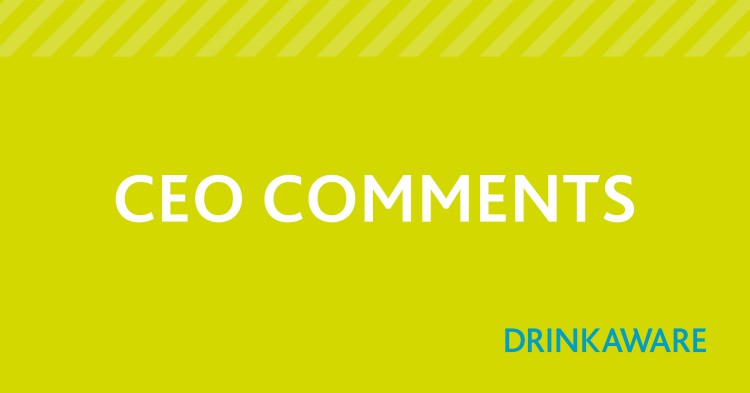When we talk about empathy, we typically discuss it as a cognitive process, an ability to put ourselves in someone else’s shoes and think what they think. But this is only one aspect of empathy. Then there is the all-important compassionate element to empathy. The ability to not just understand and sympathise, but also to act ie to help, support, resolve. And this is the critical side of empathy when it comes to public health.
Because in order to engage with people, we need empathy. The value of listening is not just that we appreciate the other person’s perspective, it has the double whammy of making the other person feel heard. That means they also feel valued, respected and acknowledged, which makes for a better engagement.
Compassion is deservedly the wellbeing mantra of the moment. Self-compassion is what allows us to make mistakes, to acknowledge and learn from them, to build resilience, and therefore to make positive changes.
Applying compassionate empathy to public health, means viewing the general public, not as a target but as a partner. The success of the thousands of civil society organisations in Ireland shows how this can translate into co-creation, when the compassion of the providers and self-compassion of the recipients collaborate.
Just as compliance with Covid-19 restrictions can be heightened through empathy, resistance to restrictions needs empathy if it is to be understood and redressed. As a recent Lancet editorial said of the pandemic, this is a public mental health challenge and how it is manifested will differ across demographics. Average does not tell the whole story, so we need to look at, analyse and understand the experiences and perspectives of specific groups.
When it comes to alcohol and Covid, we’re seeing different experiences amongst different groups, but many are negative, such as young people drinking on the streets and some not following health guidelines; or pre-school family households drinking more to ‘cope’ (Drinkaware Barometer, 2020).
The societal issue of alcohol misuse needs to be resolved, and if we put people first then we need to really understand their perspective. It is facile to try and define the problem without this. For example, the problem may be binge drinking or underage drinking, but the real issue is found when you ask why people binge drink or why many start drinking so young.
People are not always rational. Knowledge and good intentions do not always translate to behaviour. People are not always looking to do what’s best for their health. Context is everything and without it, compassionate empathy cannot exist.
That’s why as a public health charity, Drinkaware works hard at being empathetic – constantly researching, listening and engaging with all factions of Irish society. Because capturing, acknowledging and then acting on the ‘why?’ is empathy in action. And needs to be a critical component of any prevention and interventions regarding alcohol misuse.


